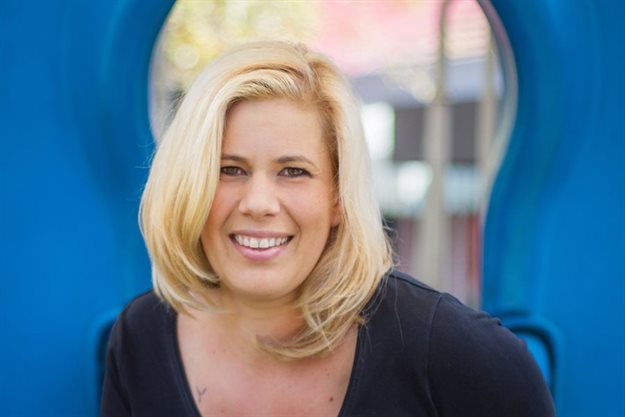
Lisa Illingworth, CEO of FutureProof SA, questions how much has actually been learnt and absorbed about being an entrepreneur during these market days? “How many business skills have been implemented? How much thinking has actually changed?”
Illingworth shares three key things that both educators and parents can do every day to inculcate entrepreneurial thinking and action in children:
Eric Ries wrote a book that some entrepreneurs would call the manual for starting a business. The methodology, whilst quite simple, is taught in MBA’s and start-up academies around the world. “Simply put, the methodology is founded on the principle that learning is cyclical and that to find out what you don’t know, conduct a series of micro-experiments to keep the risk of failure low and figure out what the next steps are,” says Illingworth.
“The steps are to plan what you are going to do keeping it as simple as possible and the steps need to be immediately actionable, then take action on what you planned to test the assumption that you initially made. Then measure what results where achieved and what insights were gained, and then learn from those, incorporating them into the next cycle.”
This can be applied in any learning area. In languages, creative writing can be done by creating a piece, publishing it online, getting feedback and improving the quality, before publishing a second version and following the same process.
In the sciences, experiments can be conducted to figure out which elements cause which reactions by combining them in different ways and adding heat or gas to them.
“The implicit upside of this type of learning is that there is no finality to the learning process, therefore the risk of ‘failing’ is low. And when the risk is low or removed, learners are more comfortable with making mistakes and trying new things.”
When timetables are crammed and there is external pressure to assess and test at every turn, it becomes onerous to generate measurement tools that rely on deeper assessment beyond a form of a comprehension test or multiple choice.
“However, entrepreneurship in its purest form is founded in behaviour and characteristics that sustain enterprising action over a lifetime. When it comes to being an entrepreneur, ideas will change, money will come and go, customers will be different; but being tenacious and aware of opportunities are characteristics that make entrepreneurs successful across any industry,” explains Illingworth.
In 1992, Kaplan and Norton developed a scorecard system to measure and drive holistic performance. This is famously quoted as “what you measure is what you get”. “This is never truer in the classroom. If you only measure knowledge, you will get kids that know a lot. If you measure skills, you will get kids that can do a lot. If you measure behaviour, you will get kids that are...a lot.”
Angela Duckworth, in her book titled Grit, gives a great framework and how to measure the level of tenacity being exhibited and how learners are growing in their ability to take on complex tasks without giving up early on.
You can use this online test as a start: https://angeladuckworth.com/grit-scale/
There is the act of standing in front of the classroom (or doing this at home), explaining a concept using examples and exercises to demonstrate the concept and giving exercises to test the understanding. This is explicit teaching methodology and most teachers have this level of proficiency.
By constructing learning activities that teach implicit skills whilst teaching concepts explicitly, teachers can teach all kinds of behaviours, skills, and knowledge without overtly being the instrument of education.
By giving light direction and asking enquiry based questions, educators can model Socratic questioning, which gives rise to learners who are able to question their own biases and thought processes. It also builds a tolerance for ambiguity, which is the ability to act without knowing the outcome of such action - this is a key entrepreneurial behaviour and has replaced the outdated notion that entrepreneurs have a high tolerance for risk.
“Another example of an implicit mechanism is constructing activities that encourage social mobility between learners of different race, gender, language and socio-economic background,” says Illingworth. Building in an assessment category that measures how much and how deeply learners know one another will increase tolerance for differences between students and increase the significance of interactions and relationships. These are skills that entrepreneurs desperately need to develop early on in their journeys to enable them to build a valuable network of people, one of the five pillars of successful start-up and scaling businesses.
“By being aware and deliberate about how lessons are structured, by being conscious about how things are taught as well as what, enables learners to learn more than concepts in practical ways and wholistic education becomes possible and even probable.” What is modelled in the classrooms by educators leaves longer lasting impressions on the hearts and minds of our students far longer than our words ever will.